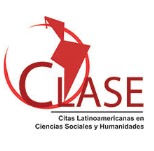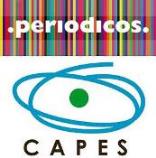Single session therapy
Collaborative therapy and one-off meetings
DOI:
https://doi.org/10.38034/nps.v32i77.740Keywords:
single session therapy, dialogic collaborative therapy , reflective processes , psychotherapyAbstract
This article aims to present the practice with single session therapy performed by the authors in the context of a non-profit organization and its private clinics. This practice is grounded in the philosophical sensibilities of dialogic collaborative practices and articulates with the concept of single-session therapy. From reports of clients who experienced the single session, a theoretical-practical synthesis of the experience report is made, associating a structure and organization of the time of the single session with the curiosity of the therapist in the position of not-knowing, who is committed to the client-selected content for therapeutic investigation.
Downloads
Download data is not yet available.
Downloads
Published
2023-12-01
How to Cite
Lenzi, B., & Dalla Costa, E. (2023). Single session therapy: Collaborative therapy and one-off meetings. Nova Perspectiva Sistêmica, 32(77), 38–53. https://doi.org/10.38034/nps.v32i77.740
Issue
Section
Artigos
License
Autores que publicam nesta revista concordam com os seguintes termos:- Autores mantém os direitos autorais e concedem à revista o direito de primeira publicação, com o trabalho licenciado simultaneamente sob uma Licença Creative Commons Attribution após a publicação, permitindo o compartilhamento do trabalho com reconhecimento da autoria do trabalho e publicação inicial nesta revista.
- Autores têm autorização para assumir contratos adicionais separadamente, para distribuição não-exclusiva da versão do trabalho publicada nesta revista (ex.: publicar em repositório institucional ou como capítulo de livro), com reconhecimento de autoria e publicação inicial nesta revista.
- Autores têm permissão e são estimulados a publicar e distribuir seu trabalho online (ex.: em repositórios institucionais ou na sua página pessoal) a qualquer ponto antes ou durante o processo editorial, já que isso pode gerar alterações produtivas, bem como aumentar o impacto e a citação do trabalho publicado (Veja O Efeito do Acesso Livre).

















